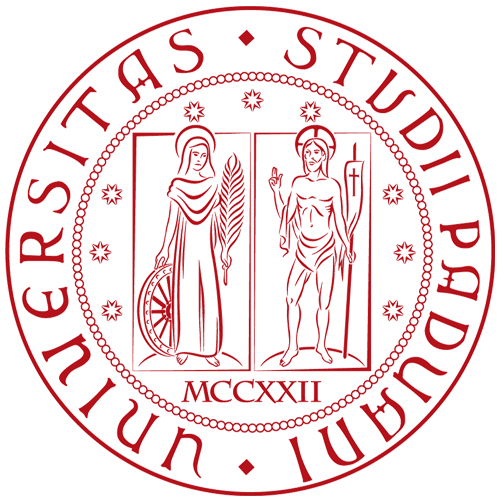
Reflections on a new article on the link between divine names and cult places
Dear PHRC readers,
We would like to draw your attention to a review paper recently published by the research team of the ERC project Mapping Ancient Polytheisms (based in Toulouse) on the Mediterranean Historical Review:
Mapping ancient gods: naming and embodiment beyond “anthropomorphism”. A survey of the field in echo to the books of M.S. Smith and R. Parker
Beyond the general focus of the discussion, readers of this interesting paper will find useful insights in various questions concerning the link between traditional gods and new human recipients of cult in the Hellenistic period. I mention here a few:
- what is the link between royal epithets associating a ruler with a god and the organisation of (possibly) shared cult spaces for them in a specific community? In more concrete words, can we infer a link between the alternative syntax 'divine name + human name' (e.g. Aphrodite Lamia) or 'human name + divine name' (e.g. Lamia Aphrodite) and the assumption the a cult space/facility could primarily belong to a god/human, whereas the other figure should be seen as a ritual guest sharing in the cult on specific occasions? And if our answer is positive/negative, how should we substantiate and specify this general statement?
- to what extent topographical epithets explaining certain functions of gods are used of ritually honoured rulers to express a transfer of competences? A well-known case is that of Arsinoe II with topographical epiclesis of Aphrodite as Aktia or Akraia. But is this a unique case?
- What is the relationship of cultic honours with 'personal god' denominations, such as adjective epicleses derived from a personal name (e.g. Zeus Philippios) or syntagms composed of a divine name + genitive of the personal name (the 'divine name' of '×')?
The article can be downloaded here:
https://www.tandfonline.com/eprint/KYQFFJXQW9YRQYKISYMV/full?target=10.1080/09518967.2019.1664524
We would like to draw your attention to a review paper recently published by the research team of the ERC project Mapping Ancient Polytheisms (based in Toulouse) on the Mediterranean Historical Review:
Mapping ancient gods: naming and embodiment beyond “anthropomorphism”. A survey of the field in echo to the books of M.S. Smith and R. Parker
Beyond the general focus of the discussion, readers of this interesting paper will find useful insights in various questions concerning the link between traditional gods and new human recipients of cult in the Hellenistic period. I mention here a few:
- what is the link between royal epithets associating a ruler with a god and the organisation of (possibly) shared cult spaces for them in a specific community? In more concrete words, can we infer a link between the alternative syntax 'divine name + human name' (e.g. Aphrodite Lamia) or 'human name + divine name' (e.g. Lamia Aphrodite) and the assumption the a cult space/facility could primarily belong to a god/human, whereas the other figure should be seen as a ritual guest sharing in the cult on specific occasions? And if our answer is positive/negative, how should we substantiate and specify this general statement?
- to what extent topographical epithets explaining certain functions of gods are used of ritually honoured rulers to express a transfer of competences? A well-known case is that of Arsinoe II with topographical epiclesis of Aphrodite as Aktia or Akraia. But is this a unique case?
- What is the relationship of cultic honours with 'personal god' denominations, such as adjective epicleses derived from a personal name (e.g. Zeus Philippios) or syntagms composed of a divine name + genitive of the personal name (the 'divine name' of '×')?
The article can be downloaded here:
https://www.tandfonline.com/eprint/KYQFFJXQW9YRQYKISYMV/full?target=10.1080/09518967.2019.1664524




